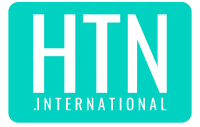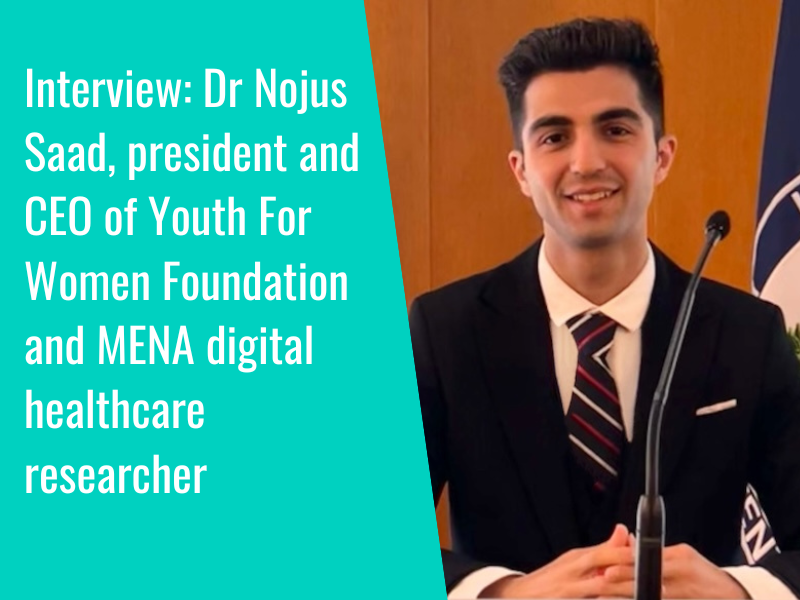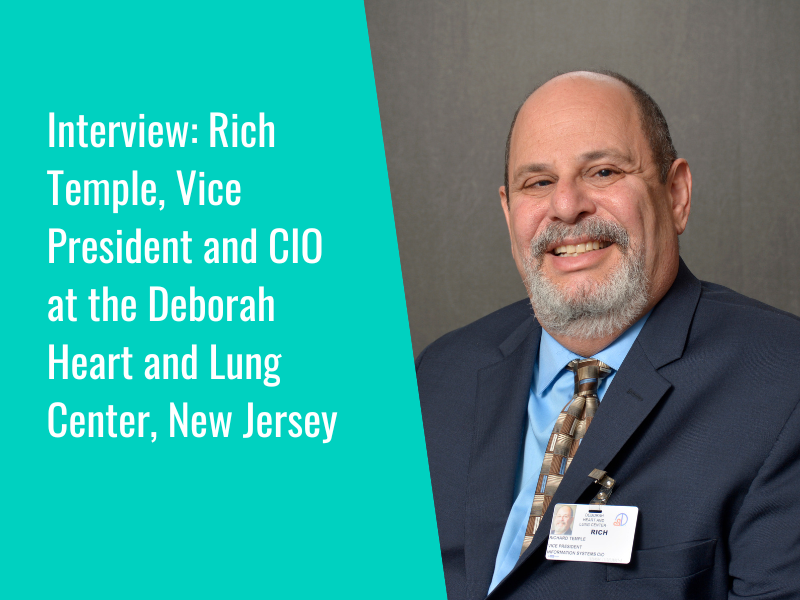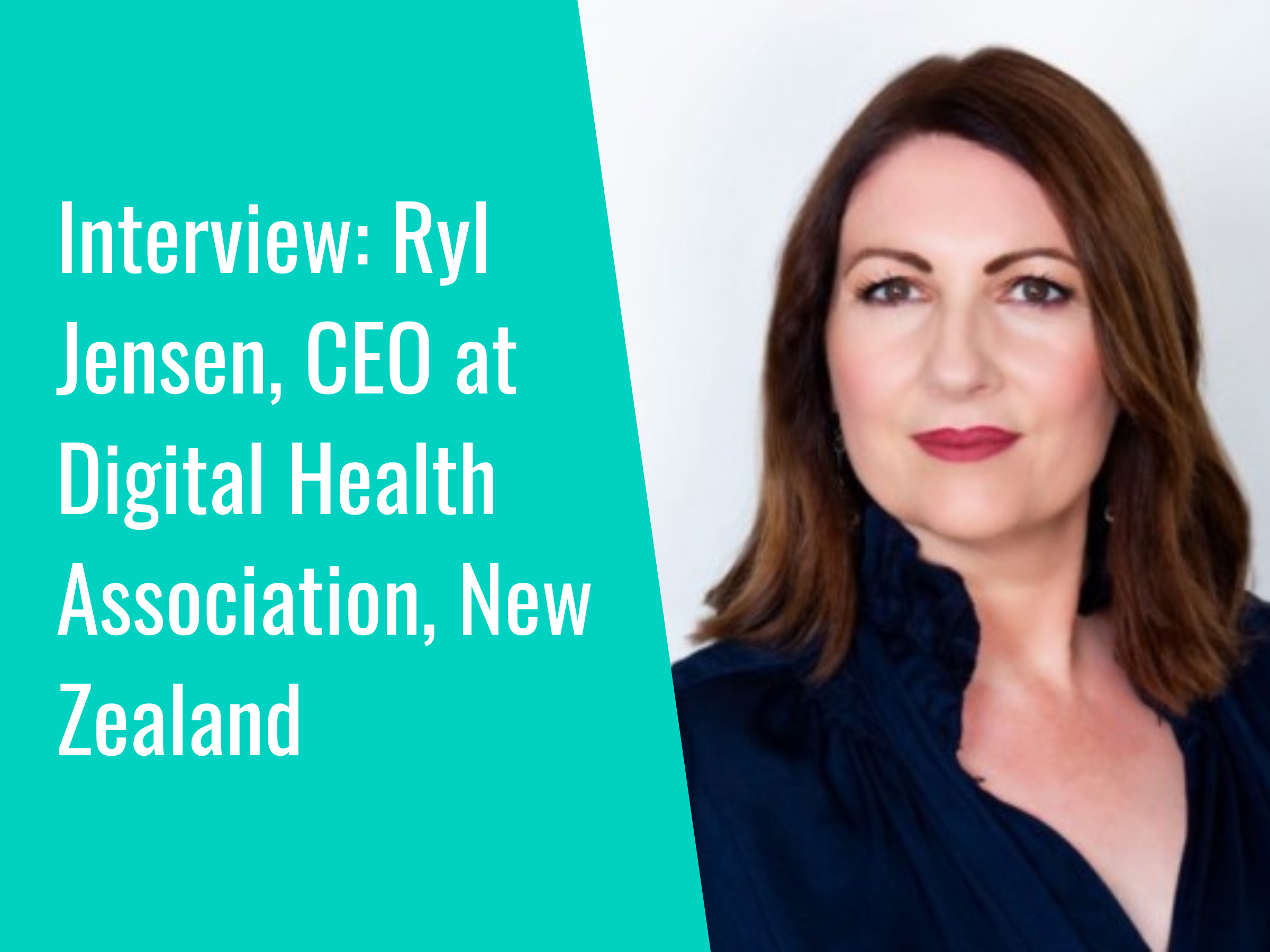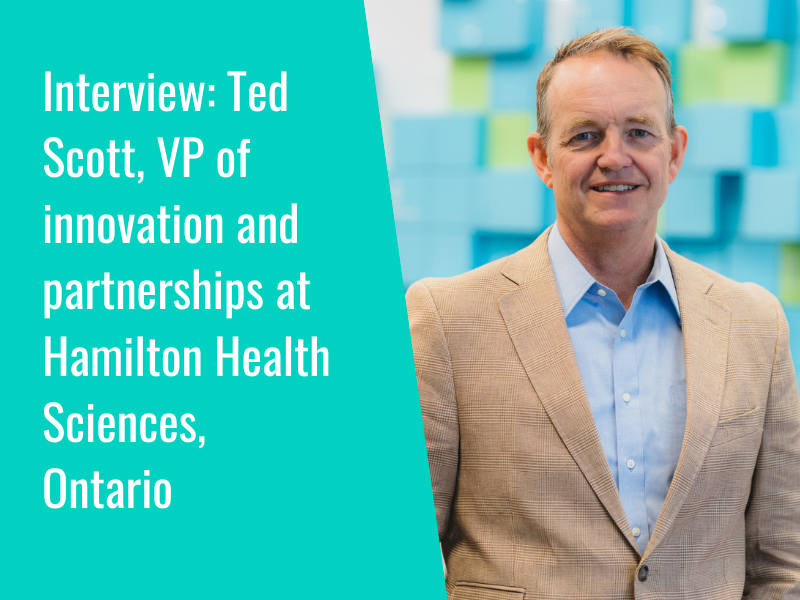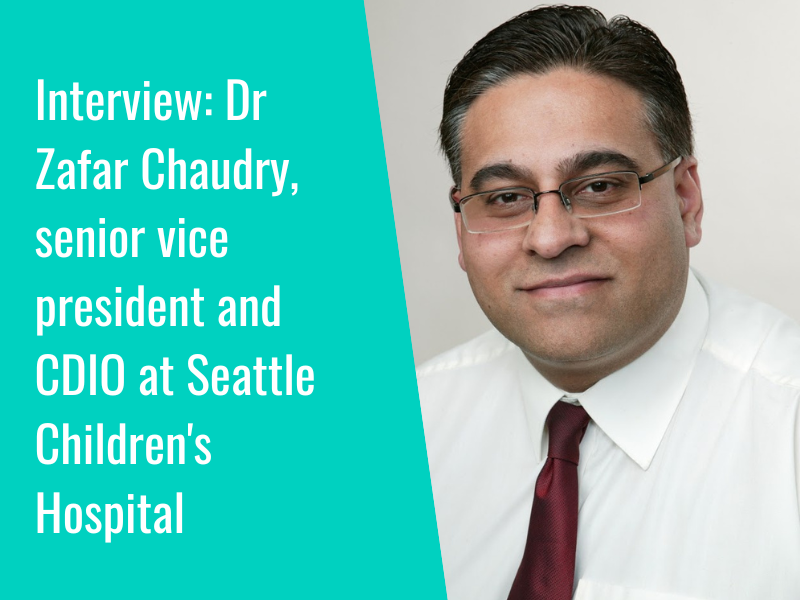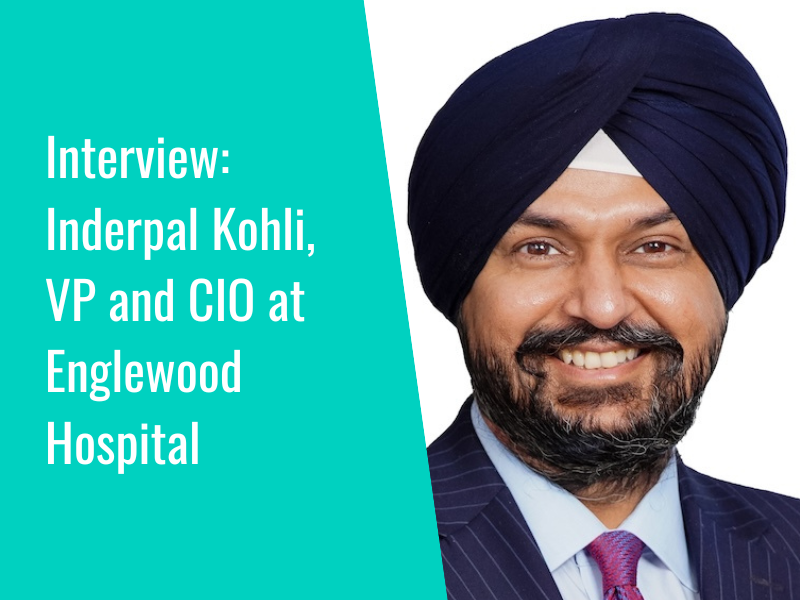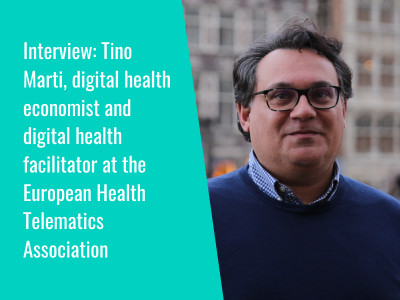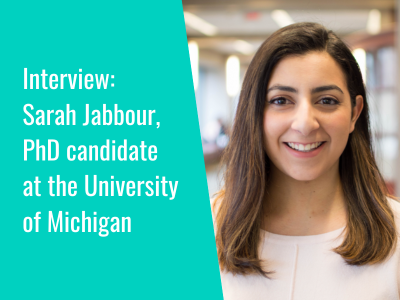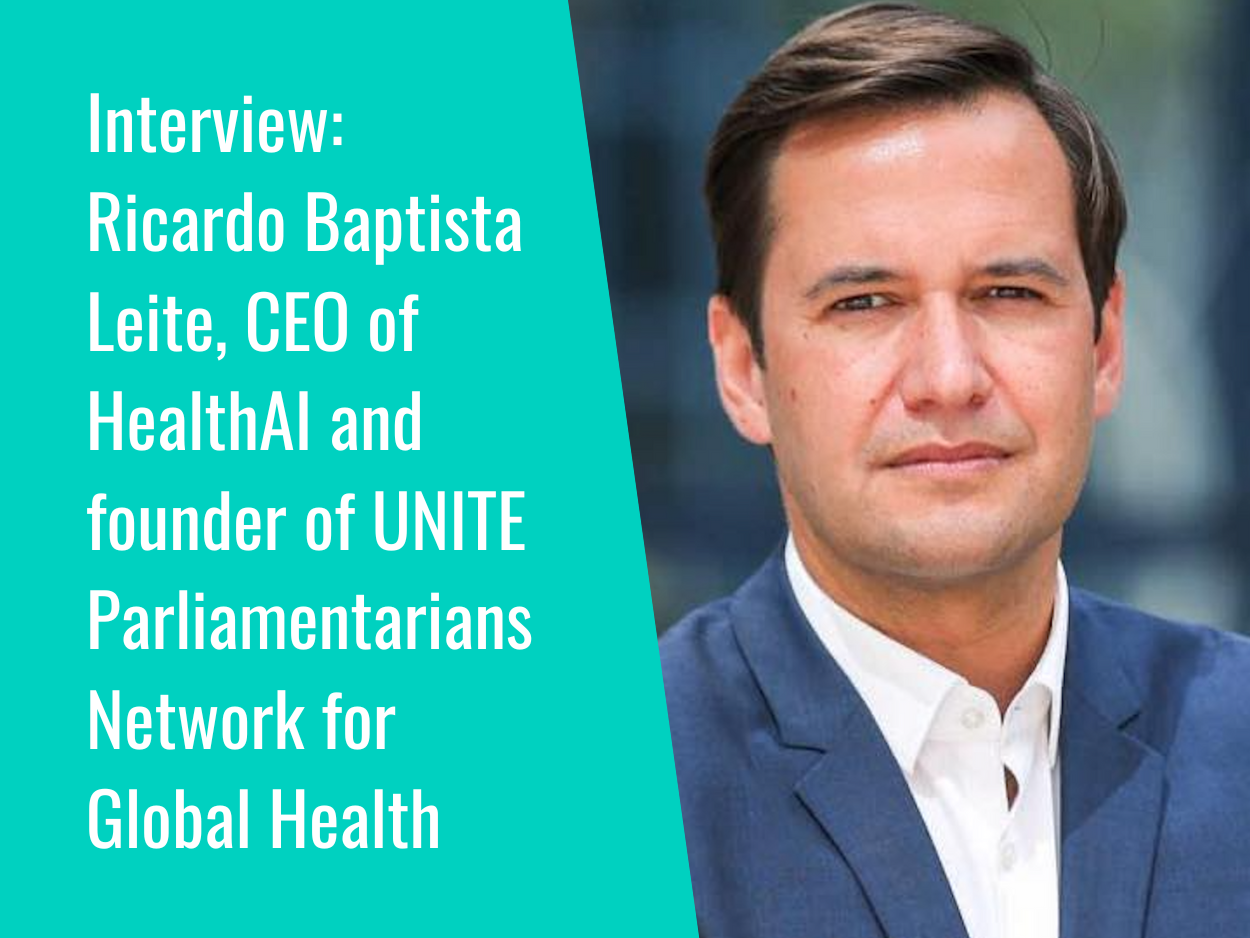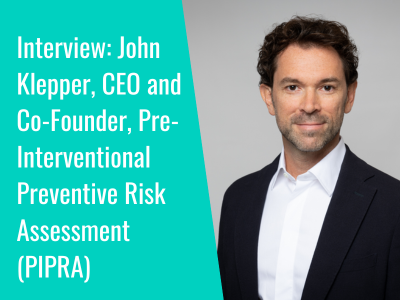At the Web Summit in Lisbon, we had the opportunity to chat with Irina Shymko, VP of business development at Ukrainian health tech start-up Datuum.AI, on how the company is working to overcome some of the challenges relating to healthcare data on a global level.
Irina began by sharing some insights into her role and the company. “I’m the VP of business development at Datuum.AI, a technological start-up mostly working in the healthcare domain. We deal with data, and as many know, one of the biggest challenges in this area is how to unite data together. This is the challenge for every healthcare system in the world, and that is the main challenge that we are trying to solve with our technology.”
The data challenge
The fact that data is often stored in different places and formats means that if you want to access it, you need to wait for IT teams who are already dealing with a huge queue of requests, Irina pointed out.
“These systems are also so complex that quite often people only know about 20-30 percent of the data they hold. This can lead to huge delays and an inability to access data, which is what we are trying to solve.”
With regards to how artificial intelligence can play a role in data handling and management, Irina reflected: “On the one hand, AI can seem like a buzzword. On the other hand, it helps to provide machines with a routine to help them scan and identify data, making sense of it, and helping to reach data which might not have been accessible before. This means we can provide one simple source of truth from the data, and we can get as much information as possible out of that data.”
Helping clients to access and learn from data
Irina went on to share an example of the way in which Datuum.AI works with customers.
“The first customer we worked with was a US analytical company,” she explained. “Their core business is getting the data from hospitals and putting it into their SaaS applications, providing different analytics, predictions and so on. When they sign a contract with a hospital, they will ask that hospital to provide their data. In the US, they usually make an extraction from the system rather than using an API connection, and the hospital would send these files to our customer. From the time they sign the contract to the time that onboarding is finished, they would have to spend around nine months trying to work out what kind of data was scanned, the quality of it, any corruptions, and any other issues.”
Over this nine month period, Irina continued, the analytical company was not making any money, which meant they could not scale their business. “We helped them to shorten this time to two months, and they were able to get information about the quality of data within minutes instead of hours. This meant that their analysts were not having to spend lots of time on menial tasks and it saved them a lot of time.”
Future ambitions
What would Datuum.AI like to see with happening with artificial intelligence in 10 years’ time, and what are their ambitions for the future?
“Our aim is to be a crucial part of a country’s healthcare system,” Irina stated. “Europe is fighting right now against the challenge of bringing healthcare data together and standardising healthcare data. Can you imagine if we could be somewhere in the middle, like a middleware that can get data from different countries or institutions and make it one single storage for everything that is going on in Europe? That would be my dream.”
She added: “We are industry agnostic, and what we have discovered is that – regardless of what industry we’re working in – 60 to 70 percent of data is the same. A lot of it is still related to personal information, names, addresses, and so on. This is why our technology can be adapted to any data challenges, across industries.”
Many thanks to Irina for taking the time to share her insights.
- 1
- 2
